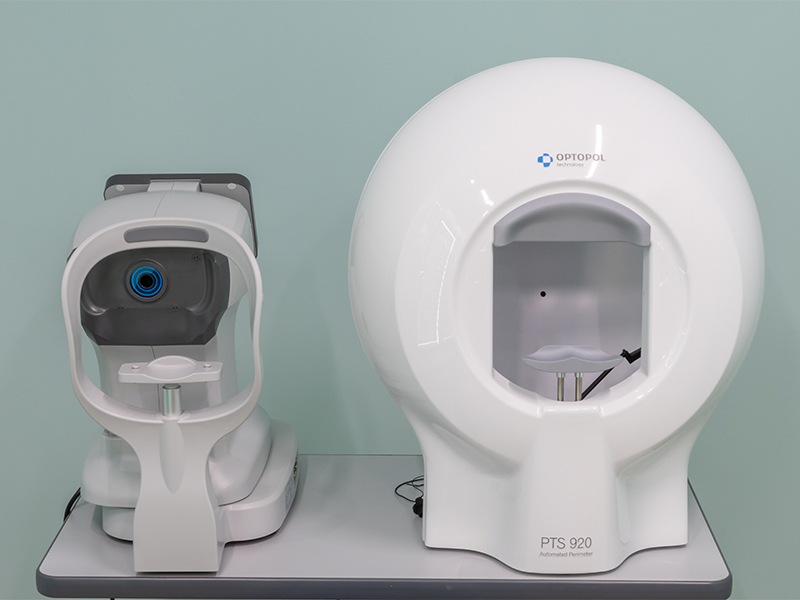Pregnancy is an exciting and transformative time in a woman’s life, filled with numerous physical changes. While many are familiar with common symptoms such as morning sickness and back pain, fewer people are aware that pregnancy can also affect eyesight. Understanding how your vision may change during pregnancy can help you take proactive steps to maintain eye health.

Common Vision Changes During Pregnancy
1. Dry Eye Syndrome
One of the most common changes pregnant women experience is dry eye syndrome. Hormonal fluctuations can reduce tear production, causing your eyes to feel gritty, itchy, or uncomfortable. Using lubricating eye drops can help alleviate these symptoms, but it’s essential to choose products that are safe for use during pregnancy.
2. Pigmentary Changes
Pregnancy hormones can lead to changes in skin pigmentation, including around the eyes. This condition, known as melasma or “pregnancy mask,” can cause dark, blotchy spots to appear on the eyelids and around the eyes. While these changes are usually temporary and fade postpartum, wearing sunscreen and avoiding excessive sun exposure can help minimise their appearance.
3. Blurry Vision and Refractive Changes
Some women report experiencing blurry vision or changes in their prescription during pregnancy. Fluid retention can alter the shape and thickness of the cornea, leading to temporary refractive changes. These alterations typically resolve after childbirth, so it’s often advised to avoid getting new glasses or contacts until several months postpartum.
4. Hypertension and Preeclampsia
High blood pressure, or hypertension, is a serious condition that can develop during pregnancy. If left untreated, it can lead to preeclampsia, characterised by severe swelling, headaches, and vision changes such as flashing lights or loss of vision. If you experience any of these symptoms, seek medical attention immediately. Managing blood pressure through regular check-ups and following your healthcare provider’s advice can help mitigate these risks.
Tips for Maintaining Eye Health During Pregnancy
- Stay Hydrated: Drink plenty of water to help keep your body and eyes hydrated.
- Eat a Balanced Diet: Consuming foods rich in vitamins A, C, and E, as well as omega-3 fatty acids, can support eye health.
- Rest Your Eyes: Ensure you’re getting enough sleep and taking breaks from screens to reduce eye strain.
- Monitor Blood Pressure: Regularly check your blood pressure and follow any guidelines provided by your healthcare provider.
- Use Safe Eye Drops: Consult your doctor before using any eye drops to ensure they are safe for pregnancy.

When to See an Eye Care Professional
While many vision changes during pregnancy are temporary and harmless, some symptoms warrant professional attention. If you experience severe eye pain, significant vision loss, or persistent floaters, schedule an appointment with an eye care professional. They can provide personalised advice and treatment options tailored to your needs.
Conclusion
Knowing how your eyesight can change during pregnancy helps you take steps to keep your eyes healthy. From dry eyes to pigmentary changes and more severe conditions like hypertension, being aware of these possibilities ensures you’re better prepared. Always consult your healthcare provider if you have concerns about your vision during pregnancy. Pregnancy vision changes can be serious, so it’s vital to seek professional advice for eye health during pregnancy.
Curious about eye care during pregnancy? Our experts are here to help! Get in touch to book an appointment with our specialists today and see the difference. Don’t wait, take care of your eye health now!
